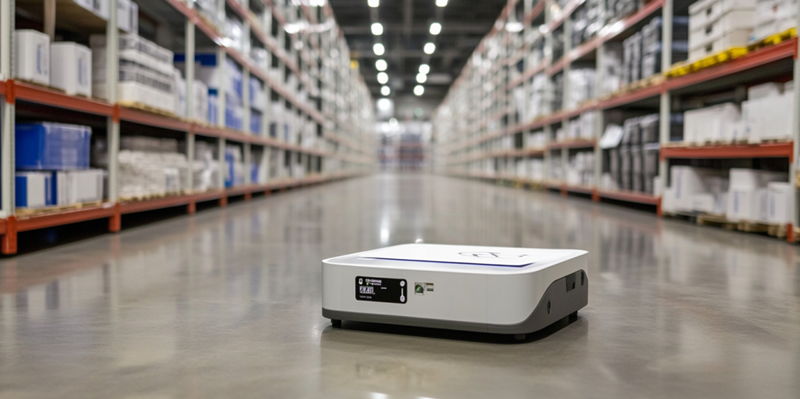In an industry that’s rapidly evolving and gaining traction, UiPath has emerged as a top contender for investors looking to capitalize on the rapid growth of robotic process automation (RPA). Known for its innovative solutions that streamline and automate business processes, UiPath has carved out a significant niche in the market. Its advanced and versatile software platforms have become the go-to for businesses aiming to enhance efficiency and reduce operational costs, thereby driving the company’s increasing revenues and strong market position.
UiPath’s leadership in the RPA market is underscored by a robust performance and a potential growth trajectory that shows no signs of slowing down. Key factors contributing to this success include the company’s ability to drive technological advancements and its strategic focus on market opportunities. As businesses across various sectors increasingly adopt automation technologies, the demand for UiPath’s solutions continues to grow. This has positioned UiPath to expand its market share even further, making it a compelling buy consideration for investors.
What sets UiPath apart from its competitors is its capacity for innovation and its strategic advancements within the automation sector. Overarching trends show a consistent belief in the disruptive potential of RPA technology, with UiPath at the helm of this transformation. This consensus among industry analysts and market participants reinforces the company’s promising prospects. As such, UiPath’s strong fundamentals and market activities underscore its status as a hidden gem in the RPA industry, warranting close attention from seasoned and new investors alike.

